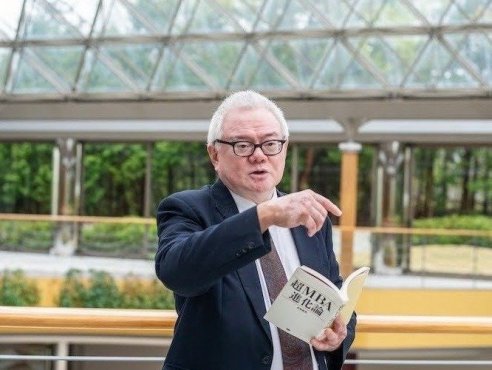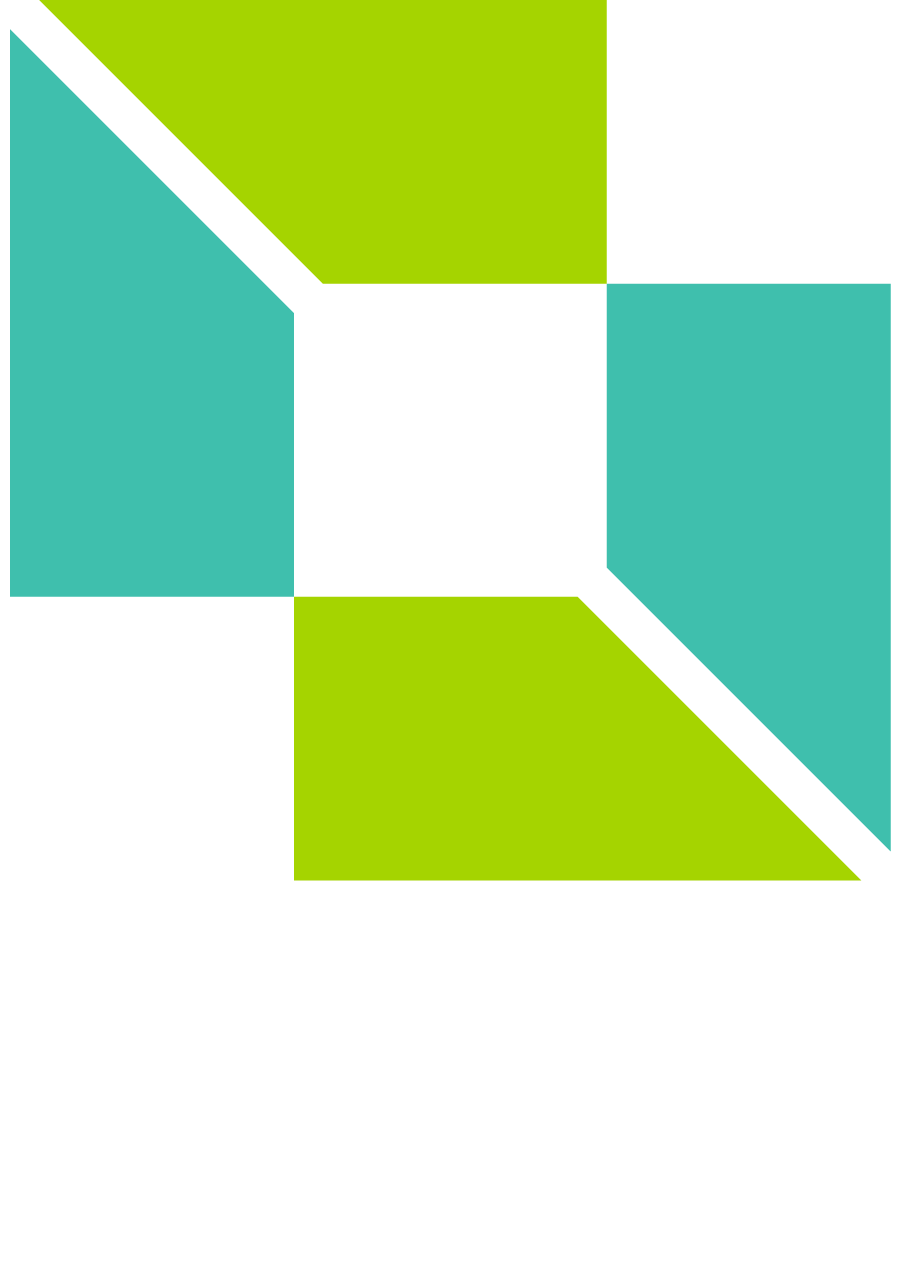Faculty Interview: Ricardo Lim

Ricardo Lim, Ph.D., University of Southern California, Marshall School of Business
We interviewed Professor Lim, who who formerly served as Dean of the Asian Institute of Management in the Philippines and participated as an AACSB mentor and team member for accreditation reviews of business schools in Japan, Taiwan, and New Zealand. Prior to entering academia, Dr. Lim worked as a consultant for the Siemens-Nixdorf Computer Company in Manila and the Computer Sciences Corporation in Boston. Currently, he provides consultancy services for education and retail companies.
Professor Lim currently teaches Big Data & Analytics and Innovation Management on the Global BBA Program. His current research interest is Design Thinking, Quantitative Analysis, and Operations.
What attracted you to become a faculty at NUCB?
I have always been fascinated with Japan. I had the opportunity to visit NUCB and Ritsumeikan APU as a visiting faculty member a few times. I loved the culture, the sakura, the food, and the history. When NUCB invited me to teach full-time, I immediately accepted.
For someone that has never heard of the case method, how would you describe it? What type of person would succeed?
Those who are curious tend to excel in the case method. They often wonder how things are connected and why things don't always line up. For instance, they may observe that there are no trash cans on the streets of Japan and wonder why there is so little trash. Similarly, some Asian cultures, such as mine in the Philippines, treat time as a flowing river, while others see it as start and stop, like a clock. In short, being curious is a key factor for success.
Why do you think the Case Method is beneficial for Global BBA students compared to a traditional method of learning?
A great man once took an IQ test administered by a newspaper, perhaps to showcase to young students his vast knowledge and encourage them to study hard to become a genius like him. One of the questions asked was, 'What is the speed of sound?'
Albert Einstein's response was, 'I do not know! But that information can be found in books. The purpose of education is not just to impart knowledge, but to train people to think.' Even though he was expected to know the answer, Einstein prioritized critical thinking over factual knowledge.
This is also true for GBBA. You can easily access knowledge through Google or a lecture. However, the case method focuses on developing your thinking abilities, encouraging creativity and engagement with others. These are the skills that you will gain through the case method.
What is the importance of accreditation for students considering a university?
Accreditation plays a crucial role in ensuring that various aspects of a school, such as its strategy, finances, student services, course delivery, learning assessments, research, teaching quality, and staff, are working effectively. Similar to a watch or a car, the parts of a school are interdependent, and accreditation helps to ensure that they are all functioning correctly.
Organizations such as AACSB, EQUIS, and AMBA act like good car mechanics who check the oil, filters, electrical connections, and suspension of a car. Students who enroll at NUCB can be confident that they will have a smooth ride, thanks to the assurance provided by these accreditation bodies.
Can you tell us about your current research topics?
I recently wrote a paper on how passing top-up loads on prepaid phones to other people is not only a gift to be reciprocated but also a tool to build prestige and strengthen social relationships. Currently, I am researching how consumers in three countries use their mobile phones as conspicuous displays of wealth. For example, saying 'Oh, can you please pass me my iPhone 13?' is a way of showcasing one's social status.
What do you love to eat in Nagoya?
My favorite dish is Tsukemen, which consists of cold noodles that are dipped in a rich broth. Once the noodles are finished, you can add a raw egg and rice to the remaining broth and cook it again to create a delicious porridge.

 Download
Download
 Infosession
Infosession
 Application
Application
 Open Campus
Open Campus

